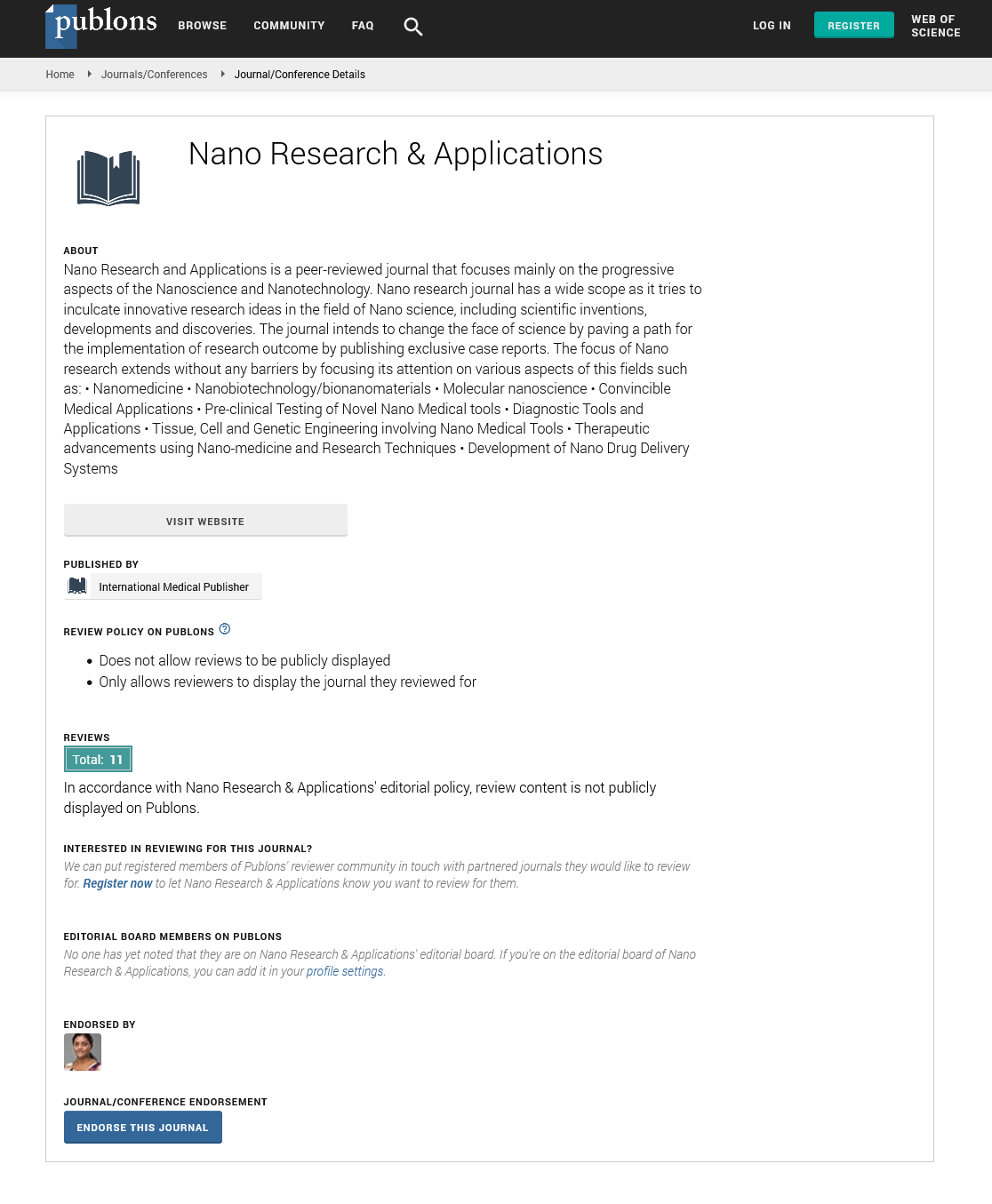ISSN : 2471-9838
Nano Research & Applications
Discovery of the oscillations in the RPV steel radiation embrittlement kinetics as an indication of nanostructure selforganizing and smart behavior
EuroSciCon Conference on Nanotechnology & Smart Materials
October 04 -06 ,2018 Amsterdam , Netherlands
E Krasikov
National Research Centre Kurchatov Institute, Russia
Posters & Accepted Abstracts: Nano Res Appl
DOI: 10.21767/2471-9838-C6-025
Abstract
Influence of neutron irradiation on reactor pressure vessel (RPV) steel degradation are examined with reference to the possible reasons of the substantial experimental data scatter and furthermore nonstandard (non-monotonous) and oscillatory embrittlement behaviour. In our glance, this phenomenon may be explained by presence of the wavelike recovering component in the embrittlement kinetics. We suppose that the main factor affecting steel anomalous embrittlement is fast neutron intensity (dose rate or flux); flux effect manifestation depends on state-of-the-art fluence level. At low fluencies radiation, degradation has to exceed normative value, then approaches to normative meaning and finally became sub normative. In our opinion, controversy in the estimation on neutron flux on radiation degradation impact may be explained by presence of the wavelike component in the embrittlement kinetics. Therefore, flux effect manifestation depends on fluence level. At low fluencies, radiation degradation has to exceed normative value, then approaches to normative meaning and finally became subnormative. As a result of dose, rate effect manifestation peripheral RPV’s zones in some range of fluencies have to be damaged to a large extent than situated closely to reactor core. Moreover, as a hypothesis, we suppose that at some stages of irradiation, damaged metal have to be partially restored by irradiation i.e. neutron bombardment. Nascent during irradiation nanostructure undergo occurring once or periodically transformation in a direction both degradation and recovery of the initial properties. According to our hypothesis at some stage(s) of metal structure, degradation neutron bombardment became recovering factor. Self-recovering section of RPV steel radiation embrittlement kinetics is an indication of material nanostructure self-organizing and smart behavior.
Biography
E-mail:
ekrasikov@mail.ru
Google Scholar citation report
Citations : 387
Nano Research & Applications received 387 citations as per Google Scholar report
Nano Research & Applications peer review process verified at publons
Abstracted/Indexed in
- Google Scholar
- China National Knowledge Infrastructure (CNKI)
- Directory of Research Journal Indexing (DRJI)
- WorldCat
- Publons
- Secret Search Engine Labs
- Euro Pub
Open Access Journals
- Aquaculture & Veterinary Science
- Chemistry & Chemical Sciences
- Clinical Sciences
- Engineering
- General Science
- Genetics & Molecular Biology
- Health Care & Nursing
- Immunology & Microbiology
- Materials Science
- Mathematics & Physics
- Medical Sciences
- Neurology & Psychiatry
- Oncology & Cancer Science
- Pharmaceutical Sciences
